Dietitians Bust Myths on Lectin-Free Diets
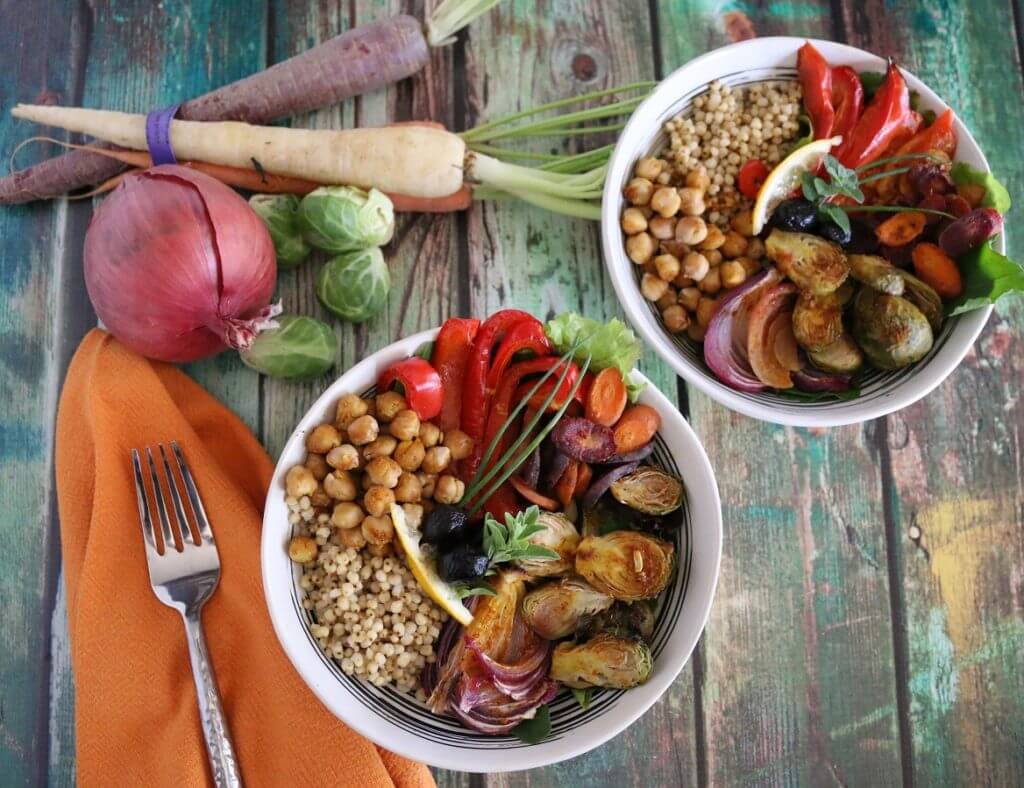
It seems everywhere you turn, people are talking about avoiding lectins, which are anti-nutrients found in many healthy plant-based foods. Anti-nutrients may sound like a scary term, but it actually refers to compounds in plant foods that may interfere with the absorption of other nutrients. Scientists have known for a long time about anti-nutrients, suspecting that they may offer potential health benefits—even though they may limit the nutrient absorption in foods. I asked some top registered dietitian nutritionists to clear up confusions on lectins. Check out their top tips for understanding anti-nutrients, and remember, there’s no reason to be fearful of healthful plant foods!
Dietitians Address Lectin Diet Fears
1. Overblown Fears. Marissa Moore, RDN says, “Many of the claims regarding lectins and how they affect the body seem to be largely overblown without much human research to support them. Soaking and cooking destroys most lectins. And you can also ferment and sprout foods to help reduce lectin presence. And I don’t know anyone that eats raw quinoa or kidney beans anyway.”
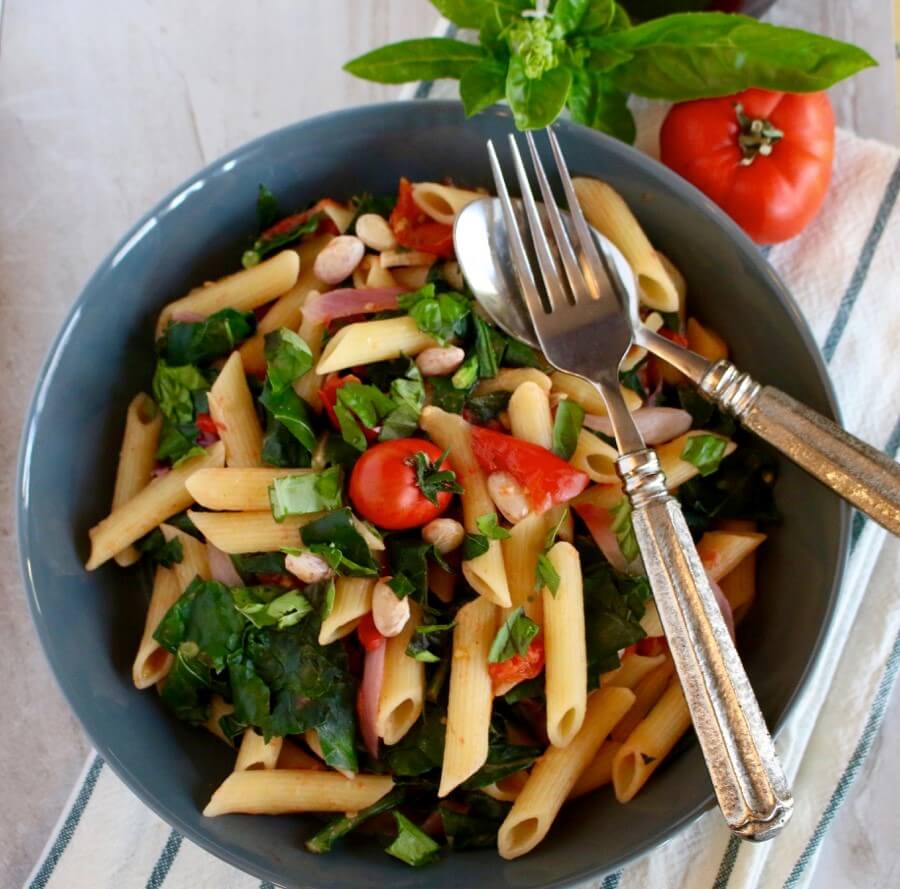
2. Cook Foods Properly. Julie Lanford, RDN, The Cancer Dietitian, says, “If you eat foods in the ways that they have historically been prepared and consumed, there is no evidence of lectins contributing to health problems. There is some evidence showing lectins can promote health and immunity, and therefore reduce cancer risk. A few things to note: when consuming beans and grains, cook them completely; if cooking beans in a crockpot, use canned beans, or boil them for 30 minutes before putting in the crockpot. Consuming a diet high in fruits, vegetables, whole grains, lean and/or plant proteins is the best cancer fighting diet that is on the market! Research seems to prove it time and time again.”
3. Whole Grains and Legumes Have Real Benefits. “The benefits of eating whole grains and legumes are well-documented, though they contain lectins. People who consume more whole grains have improved cardiovascular health outcomes. Legumes such as chickpeas and lentils are routinely shown to support a healthy weight in studies. Pulses like legumes and beans are even linked to a reduction of CRP inflammatory markers. There are so many benefits – I strongly suggest not excluding these foods because of a natural compound they contain. It is important to know that some beans can cause intestinal distress when consumed raw. Lectin content will be significantly higher if you eat raw beans. Cooking beans and grains significantly reduced the lectin content of these foods. Finally, most of the knowledge regarding the nutritional effects of lectins and enzyme inhibitors is derived from animal experiments. There are only a few studies with human subjects. Many of these studies have been undertaken with raw legumes which again, you should cook rather than consume raw. Boiling legumes in water eliminates almost all lectin activity,” says Ginger Hultin MS, RDN, CSO, Spokesperson for the Academy of Nutrition and Dietetics and founder of Champagne Nutrition.
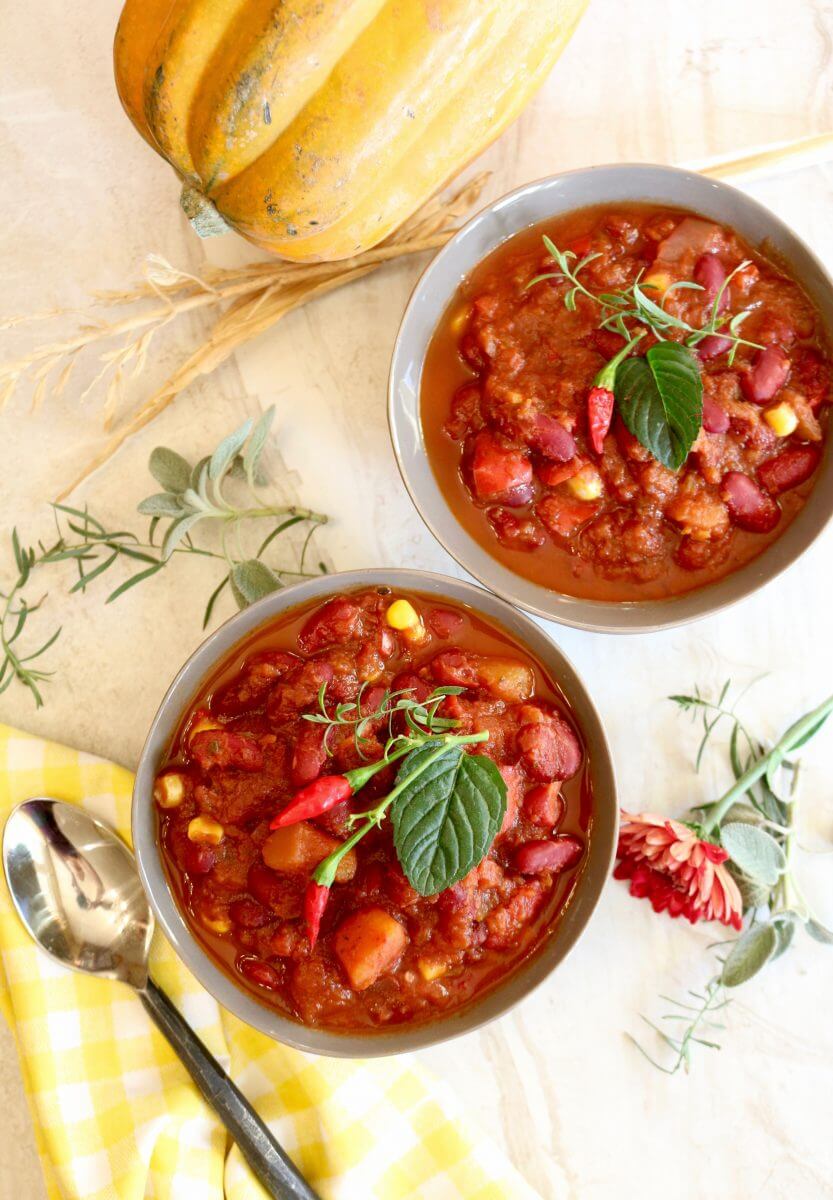
4. Don’t Fall for Fads. “Lectin is found in varying amounts in plant-based foods including beans, pulses, grains, fruits, and vegetables. Given the lack of strong, solid scientific evidence to back up the so-called harmful effects of lectin foods and the strong evidence backing up the consumption of these plant-based foods, it’s ill-advised to go on a lectin-free. If you are trying a lectin-free diet because of a medical condition, I recommend seeking a registered dietitian nutritionist (RDN) who is well versed in medical nutrition therapy in order to find another, more suitable and healthful route to assist you,” says Toby Amidor, MS, RD, CDN, Wall Street Journal best-selling cookbook author of the upcoming Smart Meal Prep for Beginners.
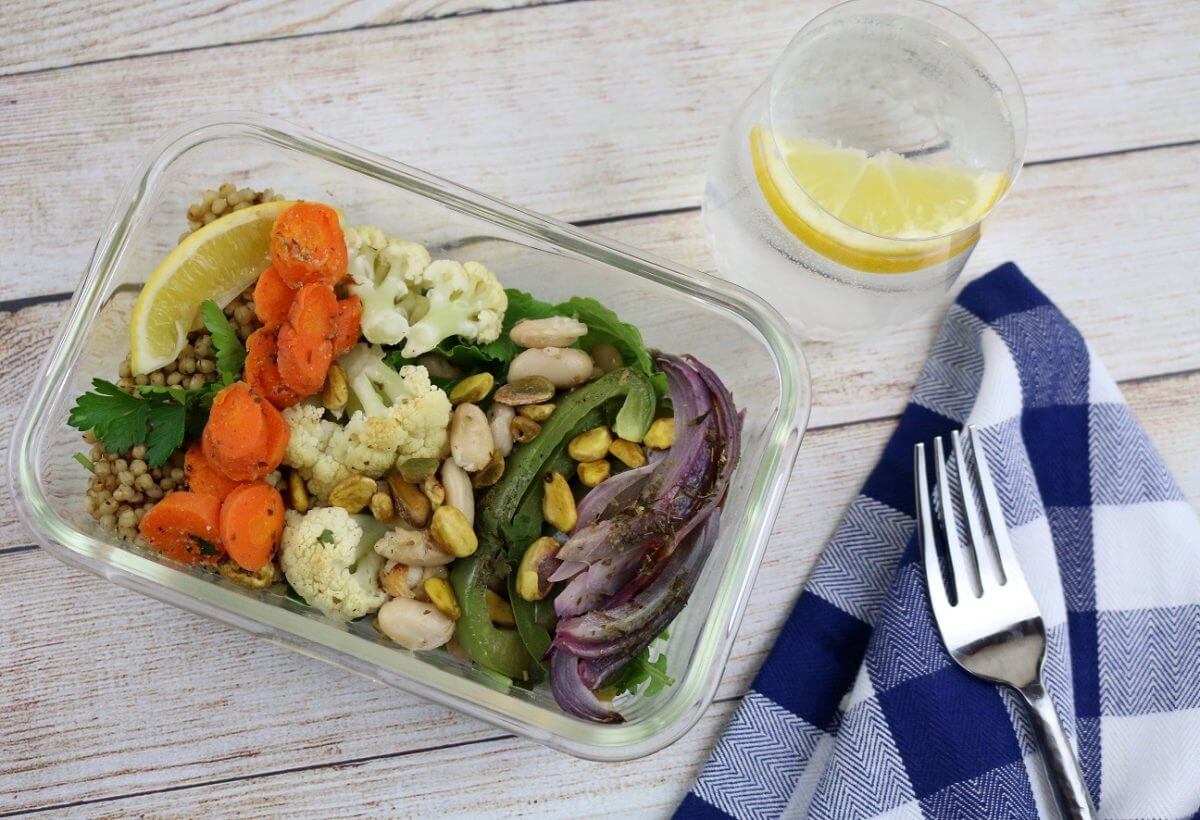
5. Get the Scoop on Anti-Nutrients. “Thousands of studies have shown that eating plant-based foods is linked with longer life, better health, lower body weight, and more! Don’t miss out on plant foods just because of some diet fad,” I say! Read my blog on anti-nutrients here for more information.
Read more about other diet tips:
18 Non-Diet Tips for Healthy Eating from Dietitians
The Path to a Healthy Vegan Diet
5 BAD Diet Tips on the Internet
Main image: Moroccan Chickpea Sorghum Bowl, Sharon Palmer, RDN
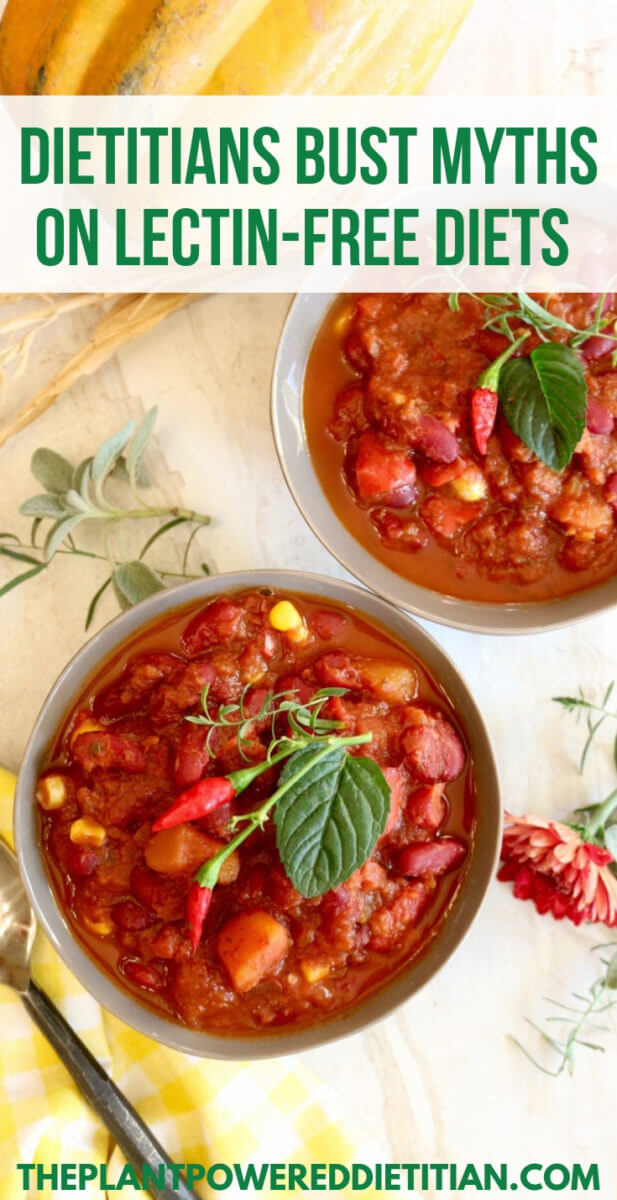



Hi Sharon,
I hope this message finds you well.
I’m Heidi, a fellow Dietitian, living in the suburbs of Chicago. I follow you on IG and also your newsletter. I so enjoy your posts and appreciate your wisdom. I am also a fellow breast cancer survivor.
Today, I spoke at a breast cancer awareness event, and a participant had questions about lectins and if it was safe to eat them. I talked about the benefits far outweighing any risks but she wanted more information. I knew exactly where I was going to look for additional information and I just wanted you to know how grateful I was to find your post about lectins. I forwarded the link along – as well as a piece from Mayo Clinic.
Thank you for all you do Sharon, all of your recipe ideas and inspiration! I wish you the very best!!
Heidi Kramer
Hi Heidi,
Thanks so much for your thoughtful response. It’s always so wonderful hearing from a fellow dietitian! And thanks for sharing your cancer story—I’m so glad you are doing well. I am also happy that my blog on lectins was helpful. I get a lot of questions on them, as there is so much misinformation. Please keep me posted and let me know if I can help you with anything.
Sharon